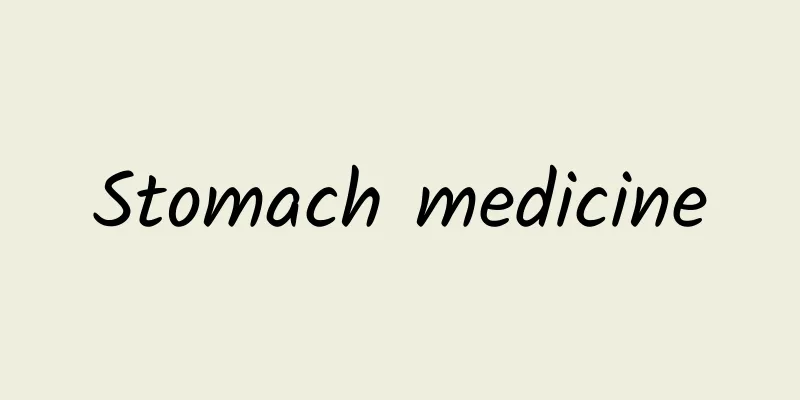Acute peritonitis

|
I think we should be familiar with acute peritonitis, which is a common and serious surgical disease usually caused by bacterial infection, irritation or injury. The pathological changes of acute peritonitis often vary significantly due to the source and method of infection, the virulence and quantity of the pathogens, and the patient's immunity. Acute peritonitis often affects the entire abdominal cavity, so we still need timely treatment. If acute peritonitis is severe, it may cause reactions such as low blood pressure. If it is not treated in time, the consequences will be very serious. The worst case may be death from toxic shock. Of course, there are many causes of acute peritonitis. Next, I will tell you some relevant knowledge about acute peritonitis and some prevention methods. The main clinical manifestations of acute peritonitis include abdominal pain, abdominal tenderness, abdominal muscle tension and rebound pain, often accompanied by nausea, vomiting, abdominal distension, fever, hypotension, rapid pulse, shortness of breath, leukocytosis and other poisoning phenomena. Because this disease is mostly a complication of a certain disease in the abdominal cavity, there are often symptoms of the primary disease before and after onset. Once the infection enters the abdominal cavity, the peritoneum immediately experiences an inflammatory response, manifested as congestion, edema, and exudate. Fibrin in the exudate can promote the adhesion of intestinal loops, omentum and other internal organs in the area of peritoneal inflammation and limit the spread of inflammation. However, if the infected lesion is not removed, the perforated internal organs are not repaired, or the abdominal cavity is not drained, or if the bacteria are too virulent or too numerous, or if the patient's immune function is weakened, the infection will spread and form diffuse peritonitis. After treatment, the inflammation of peritonitis can be gradually absorbed, and the exuded fibrin can be organized, causing adhesions between the peritoneum, intestinal loops, and omentum, which may lead to mechanical intestinal obstruction. Early and appropriate treatment of intra-abdominal inflammatory diseases that may cause peritonitis is a fundamental measure to prevent peritonitis. Any abdominal surgery, including abdominal puncture, should be performed strictly according to aseptic techniques. Oral antibiotics should be given before intestinal surgery to reduce the occurrence of peritonitis. Patients with acute peritonitis should also pay more attention to their diet, avoid eating raw, cold and irritating foods, eat small meals frequently and eat regularly; avoid heavy physical labor; keep a good mood; and seek follow-up treatment as soon as possible if they experience abdominal discomfort. Early and appropriate treatment of intra-abdominal inflammatory diseases that may cause peritonitis is a fundamental measure to prevent peritonitis. |
<<: 10 ways to make your kidneys stronger
Recommend
What are the medicinal values of cactus flowers?
The outside of the cactus is covered with thorns,...
What is the disease of red blood spots on the body
The appearance of red blood spots on the body may...
What vegetables can be eaten for gastric ulcer? These vegetables can nourish the stomach
Now more and more people are suffering from gastr...
What medicine should babies take for viral infection
Children have relatively poor physical resistance...
Drugs of choice to reduce intracranial pressure
Nowadays, many people will suffer from increased ...
In order to avoid getting sick, you should not use the balcony like this
Many people like to plant some flowers and plants...
What to supplement for varicose veins
After varicose veins are treated, you must streng...
Can I use air conditioning after medical abortion?
After a medical abortion, women must pay more att...
What to do if a fifty-year-old woman loses her hair
Women in their 50s may be in menopause, which is ...
What causes tooth numbness?
Teeth are a part of the body that people use ever...
How to relieve stomach pain in early pregnancy
Pregnancy is one of the most important things in ...
The efficacy, function and consumption of amber
Amber is a substance evolved from resin. Amber is...
What to do if you have ear and eye allergies
Many friends can finally wear various accessories...
Treatment of thyroid nodules by an experienced Chinese doctor
Because thyroid nodules involve almost all thyroi...
What to do if you have toothache during 6 months of pregnancy
Many people have been tortured by the symptoms of...









